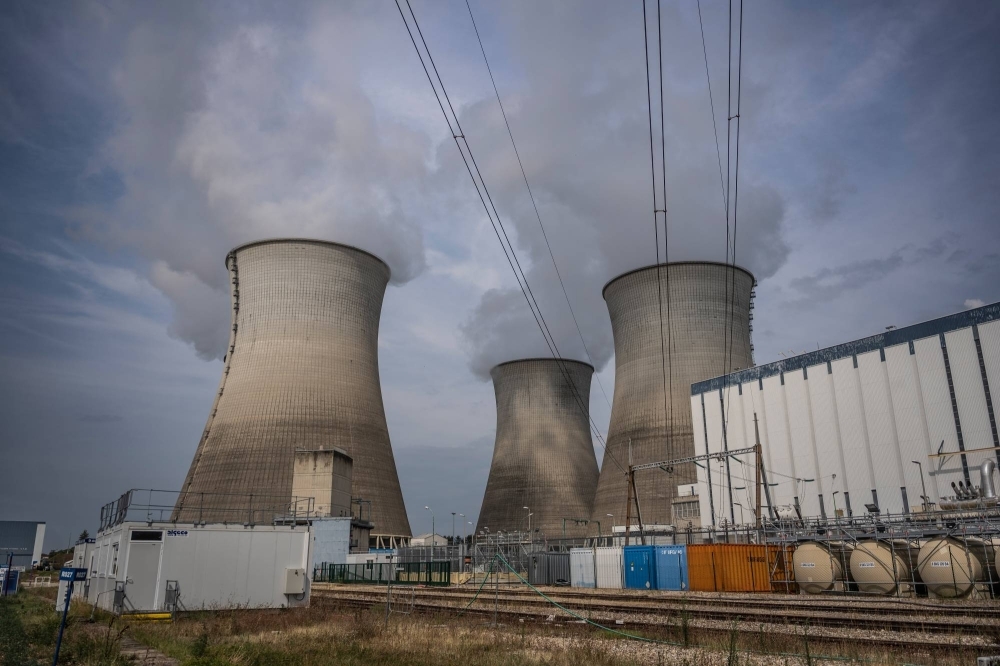"Nuclear power’s expansion risks collapse on widening conflicts"
Nuclear power’s expansion risks collapse on widening conflicts
BLOOMBERG | Apr 26, 2024
Atomic power’s potential as a clean-energy source forestalling climate change is increasingly at risk, with new data suggesting nuclear growth could be threatened by spreading geopolitical instability and war.
While bankers balk at the $5 trillion price tag to triple atomic generation by 2050, researchers at George Washington University reported this week that deteriorating security inside key growth markets may also threaten the next nuclear-energy renaissance before it begins.
"It is hard to see how a tripling of nuclear energy could occur without exacerbating the risk of proliferation, nuclear terrorism, sabotage, coercion and weaponization,” said ex-U.S. State Department diplomat Sharon Squassoni, who led the study. "Approaches to reducing carbon emissions really need to consider national security implications.”
To hit ambitious nuclear targets, the world economy would need to install 800 gigawatts of additional capacity over the next quarter century, equivalent to about 30 large new reactors coming online every year until mid-century. While China and Russia have sprinted ahead and are constructing gigawatt-scale units, many western and emerging economies have downsized their ambitions.
So-called small modular reactors are designed to generate a third or less of the electricity produced by a traditional unit. There are currently more than 80 competing designs under development. Because of their smaller size, potentially thousands of additional new plants will need to be installed, often in far-flung locations.
"Wide scale introduction of SMRs could increase risks in a variety of ways,” Squassoni said. The data she collected shows more than three-quarters of the 54 countries that have registered interest in building mini reactors are also experiencing moderate to severe political instability.
The clearest danger is that warring states directly target nuclear sites, as Russia did in Ukraine when it attacked the Zaporizhzhia Nuclear Power Plant, or, Israel has contemplated doing to disrupt Iran’s uranium-enrichment. Then there are the less obvious concerns, with research showing SMRs aren’t a panacea solving the risk of accident, supply-chain vulnerability or weapons proliferation.
Asked about the risks, Rafael Mariano Grossi, chief of the International Atomic Energy Agency, said while the danger to nuclear sites is real, it might be better to hold people accountable than forestall a technology.
"The issue here is not the nuclear installation,” Grossi said Wednesday during an interview in the Dutch port of Rotterdam. "The issue is the decision-making process of men and women who decide they are going to target a nuclear facility.”
- Log in to post comments



